One of the Internet Archive’s most viral tweets/toots/skeets happened at the start of 2024, with the announcement/reminder that the Disney short “Steamboat Willie” had entered the public domain just moments before. We have a copy of the film online for everyone to play or download.
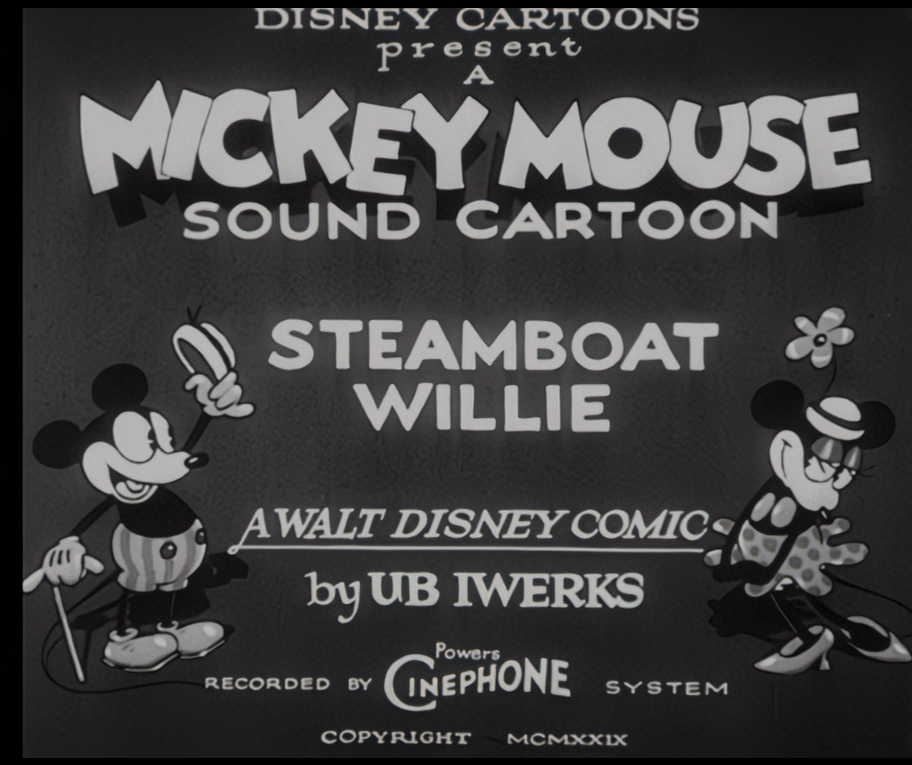
Within a short time, even as the hour of midnight of January 1st moved across the earth, countless creations based off the Steamboat Willie character, ranging from the sublime to the profane, rocketed into the Internet.
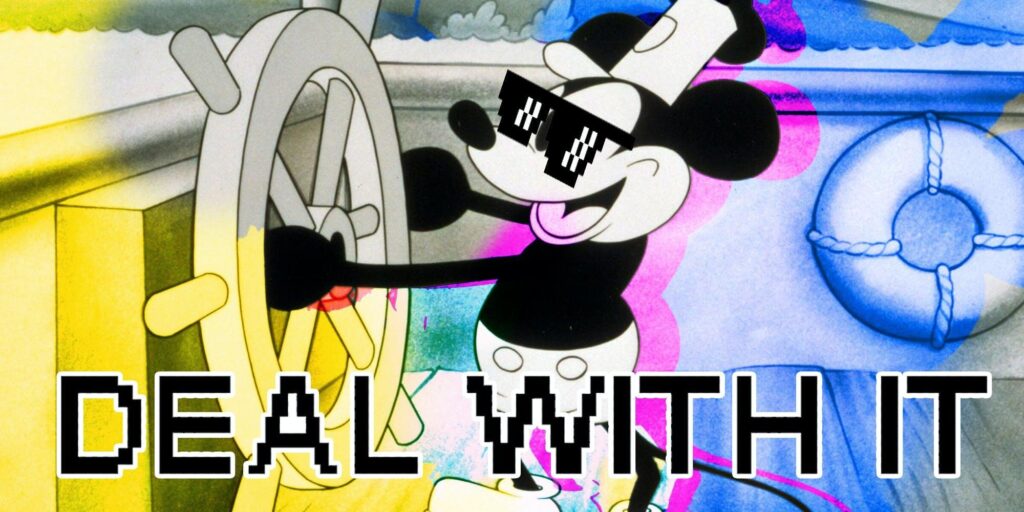
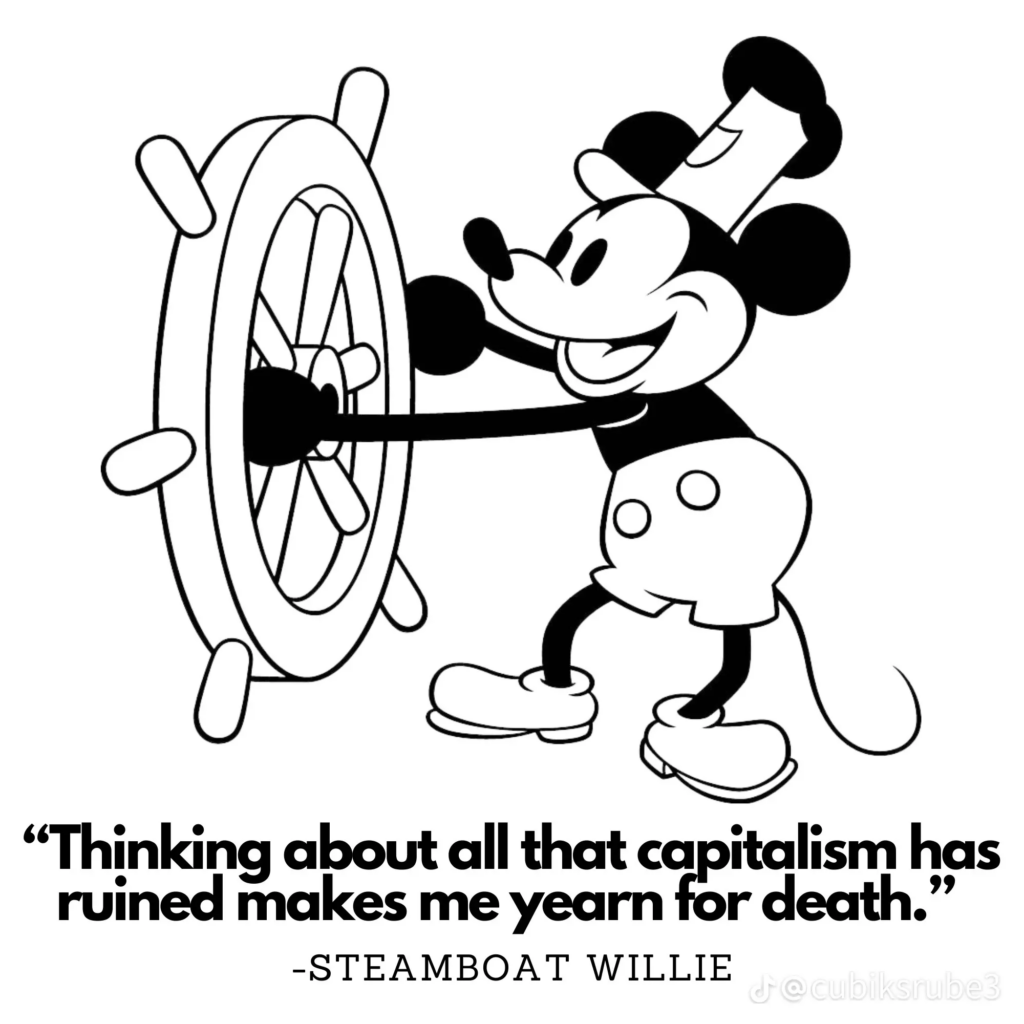
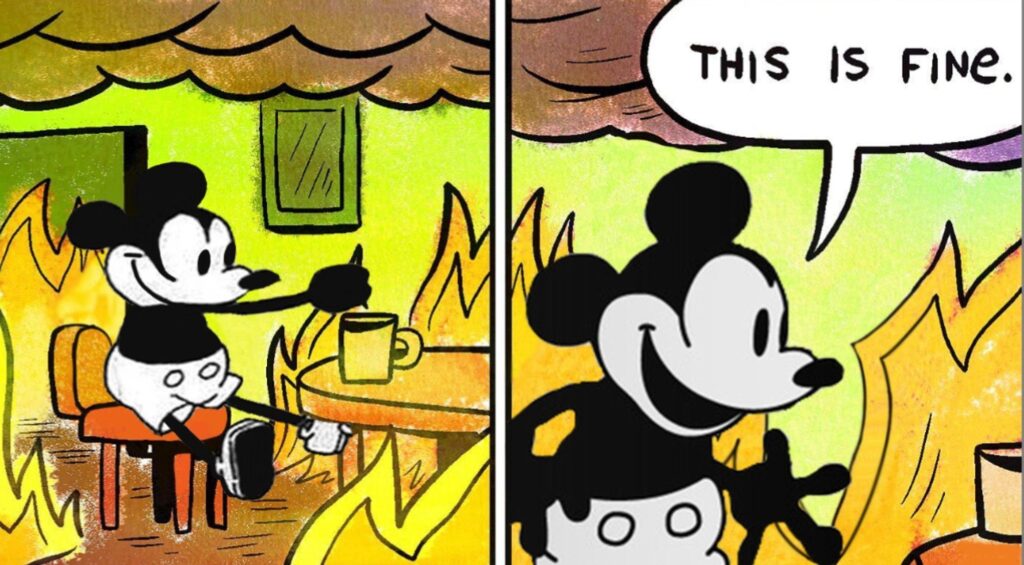
Along with the flood of images have come a flood of articles and overviews of the legal and other ramifications of a public-domain Mickey Mouse. These are written by very smart people who have spent a lot of time considering these issues.
- Mickey, Disney, and the Public Domain: a 95-year Love Triangle (Duke University)
- Is Disney Losing Mickey Mouse Because of Copyright Law? (IP Bytes)
- What Mickey Mouse’s Public Domain Debut Means For Copyright Holders (Johns Hopkins University)
There’s no point is restating what these and many others are describing (Only Steamboat Willie’s design is public domain, Disney may utilize trademark law like a large hammer to enforce as firmly as they did their copyrights, etc.)
Instead, a few words about the creative ecosystem.
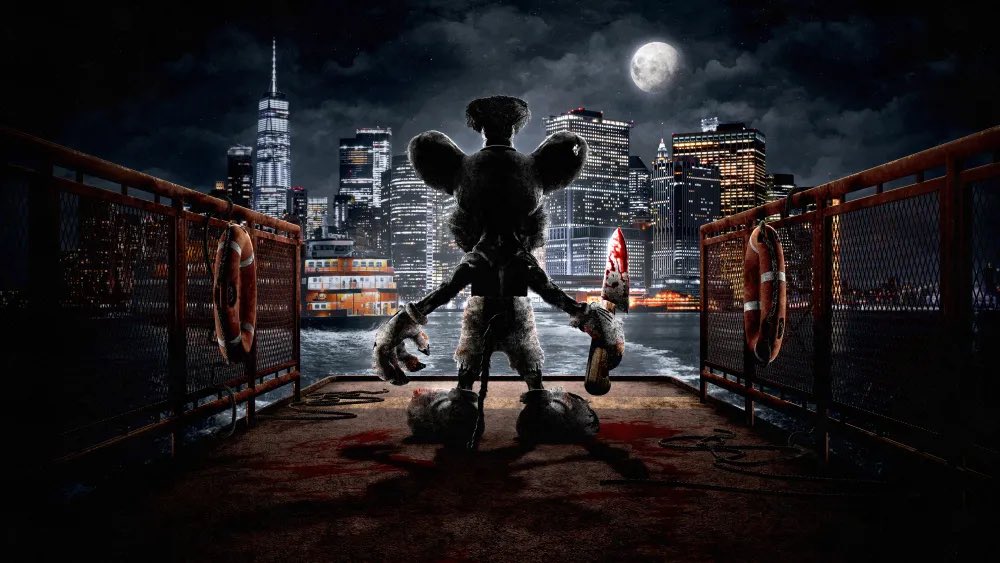
As a variety of slasher movies, costumes, crypto tokens, fan-fiction creations and general meme images of Steamboat Willie cascade into the first parts of 2024, it’s worth noting how the entire situation will feel unusual or a controversial subject to a number of folks.
What it is, however, is a too-long-delayed part of a natural process of works and copyright. The implementation of universal involuntary copyright that then lasts longer than the vast majority of human lifetimes means a disconnect, a vast gulf between the life of creative works and when they become a part of culture at large in anything other than a consumption relationship.
Copyright in the US (and via the Berne Convention and other lobbying, worldwide) has been increasingly extended over the years, often following the impending expiration of the Steamboat Willie copyright, and it has done so in the face of a 20th century that knew much shorter terms (and which led to works such as Pinocchio being used by companies such as Disney after they expired into the pubic domain). As a result of this, we’ve lost the rich ecosystem that creative works grew from, the back-and-forth, parody and reference and re-imagining that existed in previous generations.
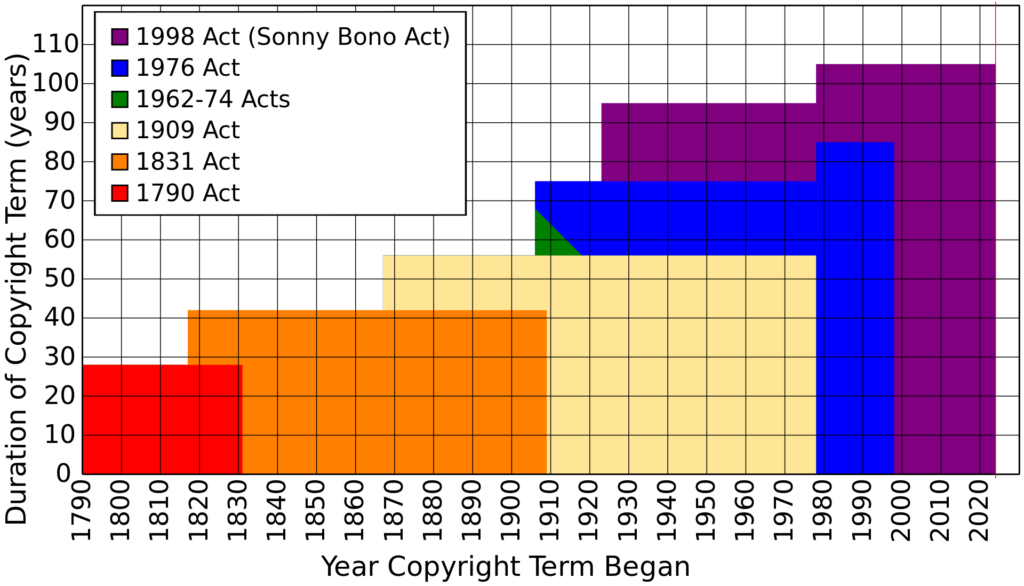
The time extension of copyright, from 14 to 28 to “75 years or life of the author plus 50 years” to the current “95 years or life of author plus 70 years” has been a rapid expansion that has swallowed many creative works, and, combined with automatic copyright, has effectively ended a long-rich and held system of creations that could reference near-contemporaries in their works beyond the scope of parody or (often disputed fair use). What was a rich environment is now a rather dry landscape.
The ramifications of this have been many, but one of the most striking has been preservation – with works whose corporate or anonymous creators are undetermined, there is very little incentive to invest in their upkeep and maintenance, meaning that many early works tend to disappear in percentages that are heartbreaking for their size: half of all American films made before 1950 and over 90% of films made before 1929 are lost forever [cite].
That excellent copies of Steamboat Willie still exist are owed mostly to Disney’s own efforts to keep their materials under control and locked down for nearly a century. Steamboat’s fellow members of the Class of 1928 will not, ultimately, be so lucky. Each successive year of items released into the public domain will have a few “stars” to make the news and receive the artistic references that Mickey is getting this month – but hundreds, maybe thousands of works from the same year may never again see the light of day.
So, let us celebrate this temporary oasis in a truly barren landscape, and work, through preservation and protection for libraries and archives, to ensure each year is a more exquisitely complete and maintained ecosystem.
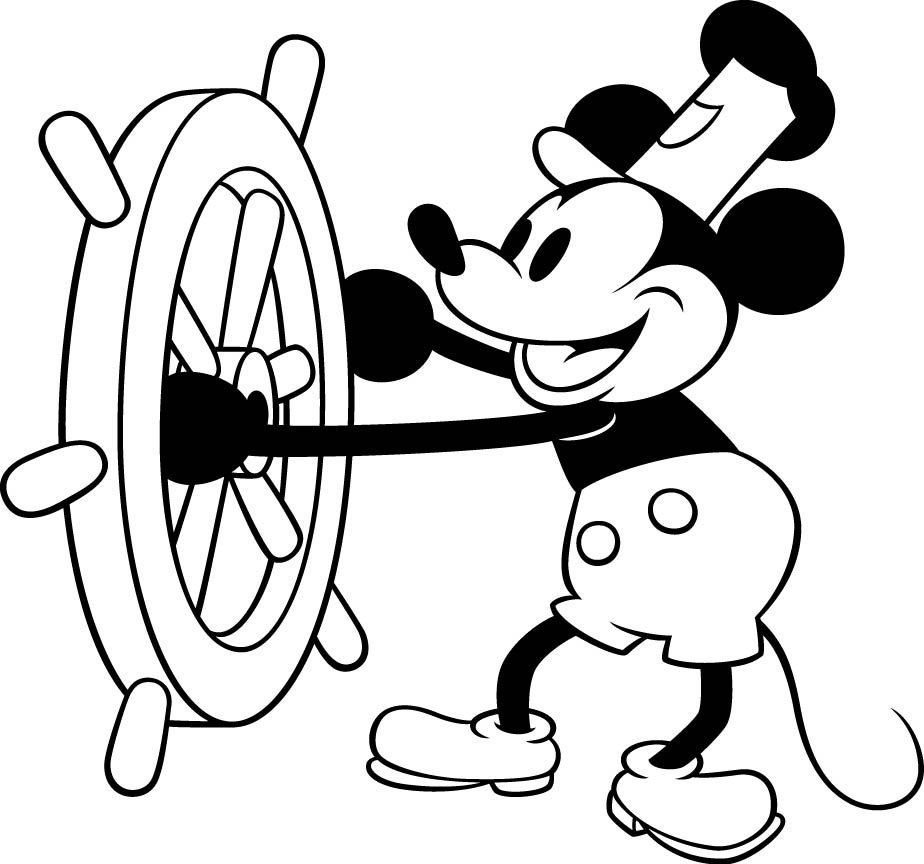
Ah-ah-ah! You don’t get to pull that shxt. Why are there even comments, etc., when it’s all been said, bro? Disney uses its resources to try and steal Pinocchio? And there’s no war being fought? They must have paid you to say that shxt. At least a pirate has a friend in Disney, though. There are some moves you are hiding from the public that would put both Internet Archive and Disney out of business. This is why it’s a monopoly. of. lies. etc. Play fair, man. Don’t just lend me a bunch of assumption to swallow. Who wrote this:? Jason Scott. The end-all on copyight.
Jason Scott is a national treasure
Request that someone would digitally enhance this film and – my personal preference – Plane Crazy – so others can make something useable out of the available footage.
What in sam hill is the dude below me even talking about?